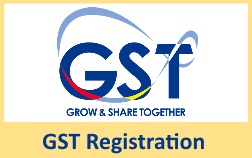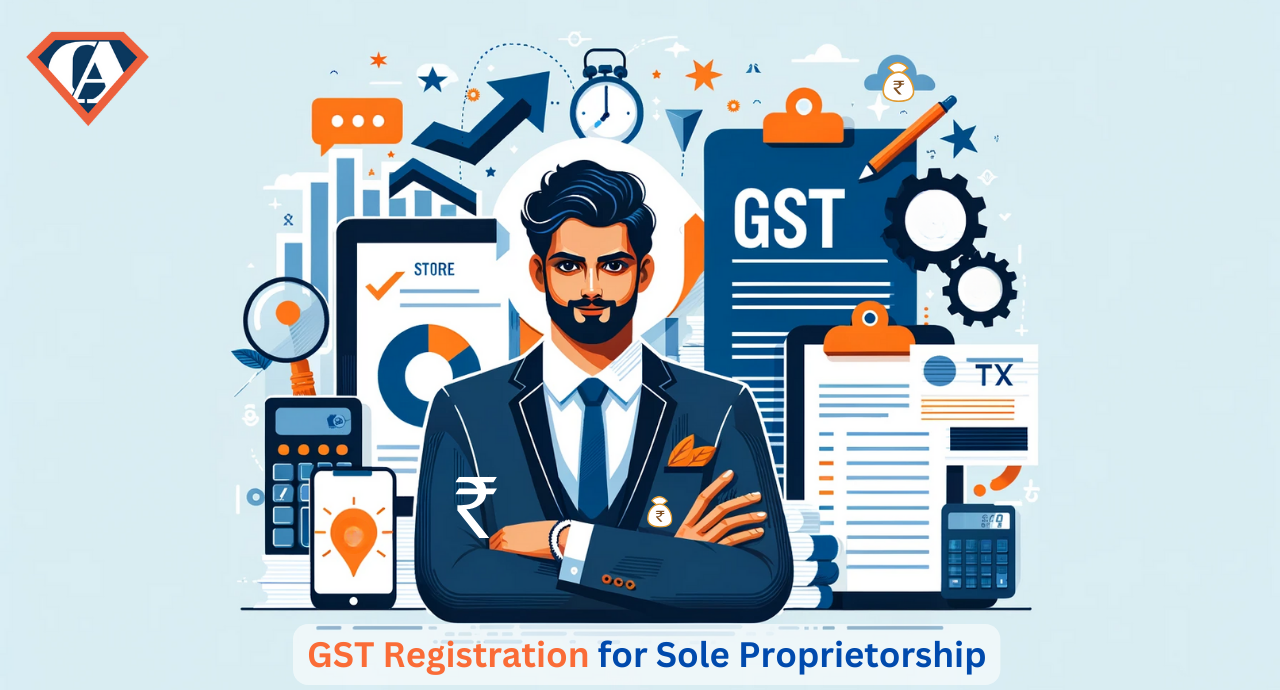Recognizing the Advantages of the most effective GST Registration Services in Singapore
Throughout: The Ultimate Roadmap to GST Enrollment for Organizations Seeking Financial Security
Browsing the complexities of Product and Services Tax (GST) enrollment is an important step for companies pursuing financial stability. From recognizing the fundamental concepts of GST to abiding by post-registration guidelines, the procedure can seem discouraging in the beginning glimpse. Damaging down the roadmap right into convenient actions can improve the registration trip for organizations looking to boost their financial standing. Let's check out the essential elements that compose this supreme roadmap and discover exactly how each phase adds to laying a strong structure for economic success.
Comprehending GST Fundamentals
Looking into the fundamental principles of Product and Provider Tax (GST) is important for acquiring an extensive understanding of its effects on businesses and the economy. GST is a value-added tax obligation imposed on a lot of items and solutions for residential consumption. It has replaced multiple indirect tax obligations that existed in the pre-GST age, improving the tax obligation structure and boosting ease of doing organization in India. Under the GST system, both services and items are taxed at a specific price, which is figured out based on their classification. Businesses are called for to sign up for GST if their annual turnover exceeds the threshold restriction set by the government. Input Tax Obligation Credit Score (ITC) is a substantial feature of GST, permitting companies to declare debt for tax obligations paid on inputs, lowering the general tax concern. Understanding the essentials of GST is important for services to follow tax guidelines, handle their funds successfully, and contribute to the nation's financial growth by taking part in a transparent tax obligation system.
Qualification Standards for Enrollment
To register for GST, organizations need to fulfill particular qualification requirements established by the federal government. The main eligibility demand is that any type of company associated with the supply of products or solutions with an annual accumulation turn over above the threshold limitation set by the authorities should register for GST. As of the present policies, the threshold limit for GST registration is a yearly aggregate turnover of 40 lakhs for businesses operating within a state, other than for unique group states where the restriction is 20 lakhs. Furthermore, certain services are needed to register for GST regardless of their turn over, such as interstate vendors, laid-back taxable persons, and organizations reliant pay tax obligation under the reverse charge device. It is vital for organizations to thoroughly assess their turnover and transaction types to determine their GST enrollment responsibilities accurately. Failing to sign up for GST when eligible can result in penalties and lawful repercussions, making it vital for companies to follow the specified qualification standards.
Files Needed for Registration
Having fulfilled the qualification requirements for GST registration, businesses must currently guarantee they have the requisite files in place to continue with the registration process effectively. The documents needed for GST registration typically include evidence of service constitution, such as partnership action, registration certification, or unification certificate for various types of services. Additionally, services need to supply files developing the principal area of business, such as a rental arrangement or electrical energy expense.
Step-by-Step Enrollment Refine
Beginning the GST registration process entails a series of structured steps to make certain a smooth and certified enrollment for services. The primary step is to see the GST portal and fill in the enrollment form with exact details of the organization entity. Following this, the applicant receives a Short-term Referral Number (TRN) which is used to return to the application procedure if it's have a peek at this website not finished in one go.
Following, all called for documents according to the list our website supplied by the GST portal requirement to be uploaded. These documents commonly include proof of company identity, enrollment and address evidence of promoters, monetary statements, and company entity's frying pan card.

Post-Registration Compliance Guidelines

Final Thought
Finally, businesses seeking economic security needs to comprehend the essentials of GST, fulfill qualification requirements, gather essential documents, follow the detailed enrollment process, and abide by post-registration standards - Best GST registration services in Singapore. By adhering to these actions, services can make sure compliance with tax policies and keep monetary stability over time
Additionally, certain organizations are needed to register for GST regardless of their turnover, such as interstate suppliers, casual taxed persons, and businesses accountable to pay tax obligation under the reverse fee mechanism.Having actually met the qualification requirements for GST registration, businesses have to now guarantee they have the requisite papers in location to continue with the registration procedure effectively. The documents needed for GST enrollment normally include evidence of business constitution, such as collaboration action, enrollment certification, or incorporation certificate for different kinds of companies. Furthermore, services need informative post to give records establishing the major location of business, such as a rental contract or electrical power expense.Starting the GST registration procedure involves a series of organized actions to guarantee a smooth and compliant enrollment for organizations.